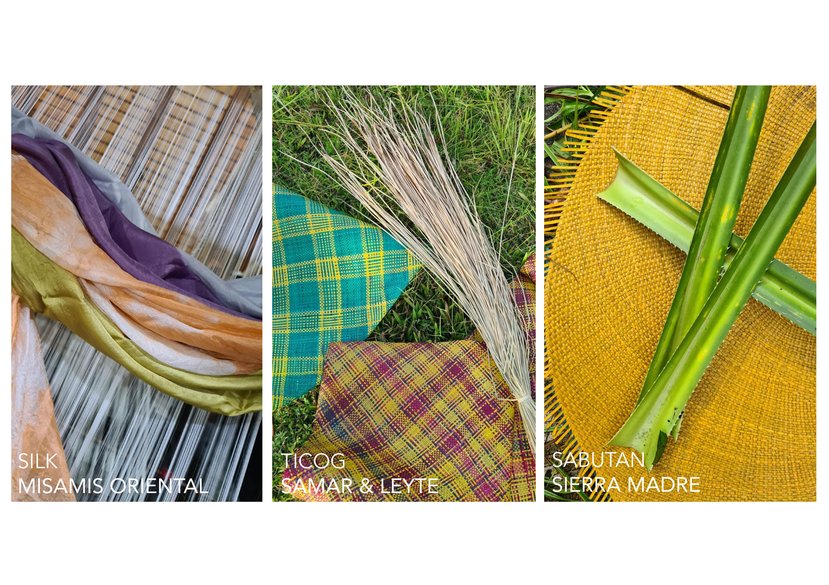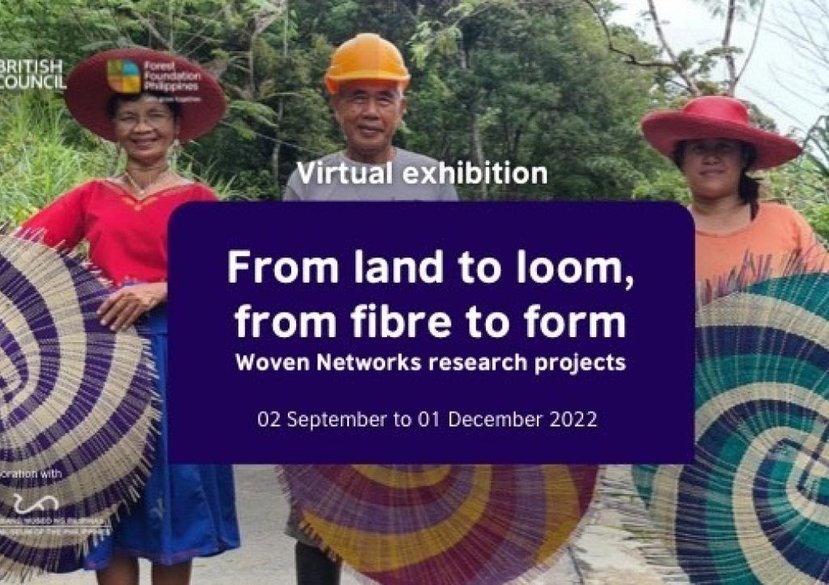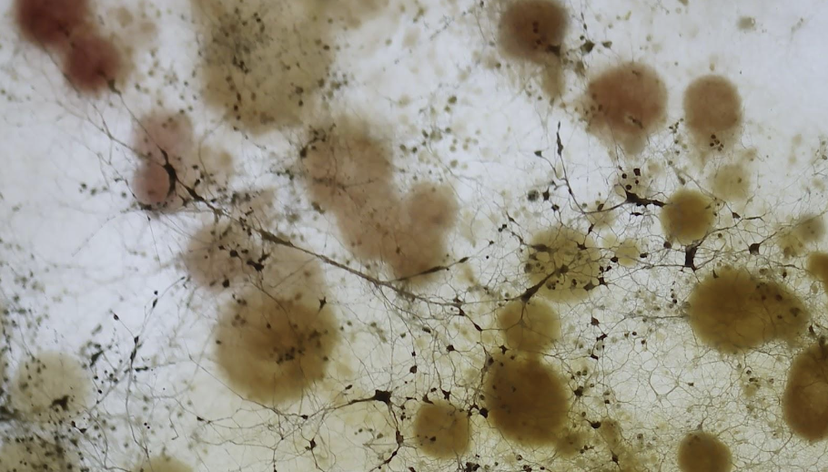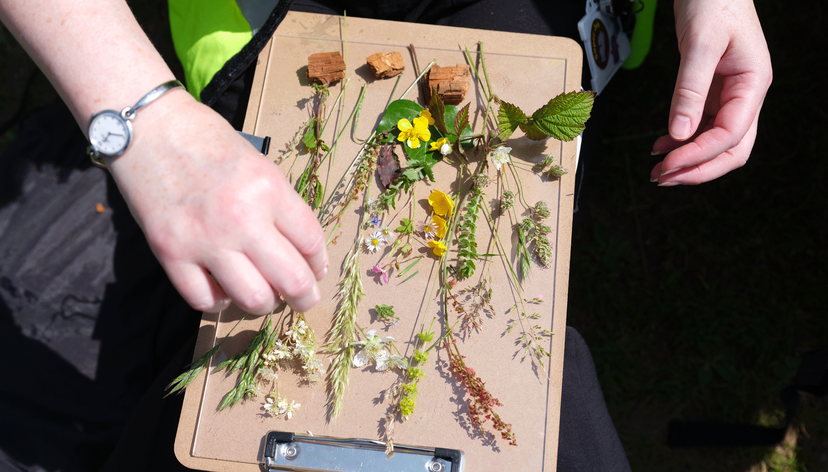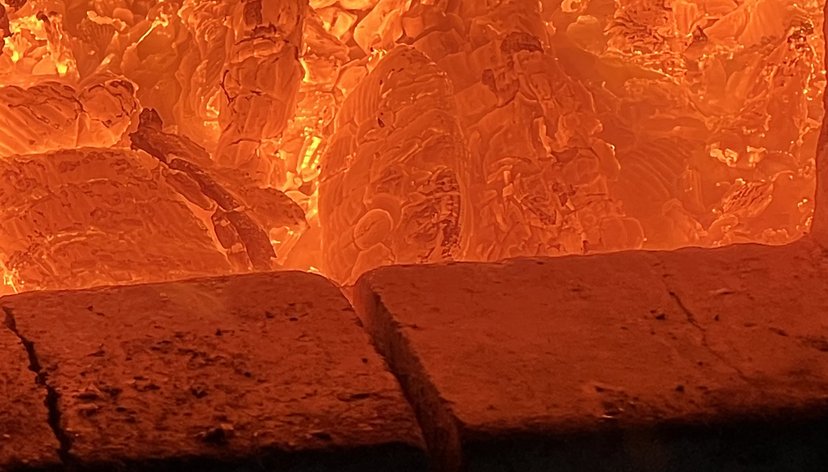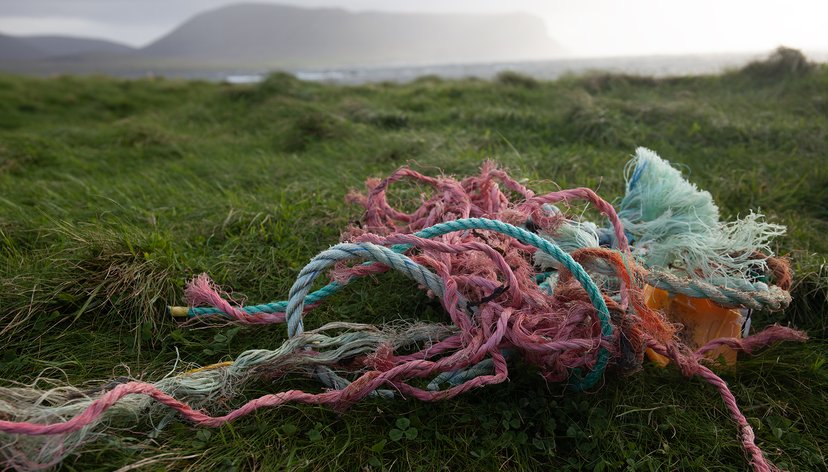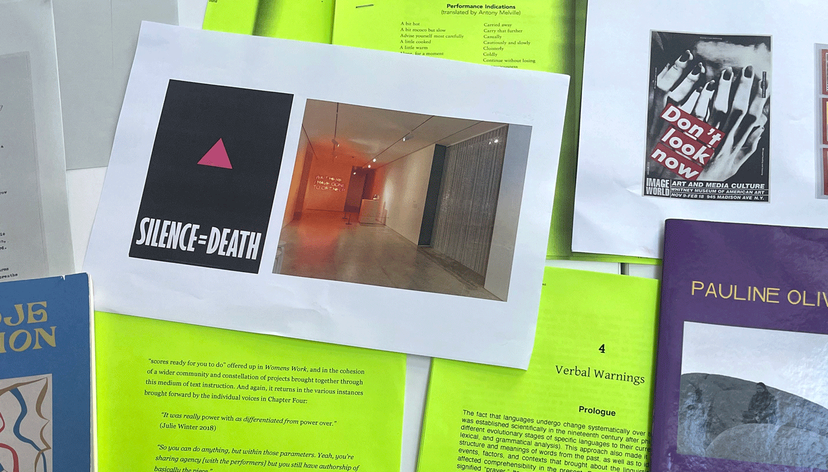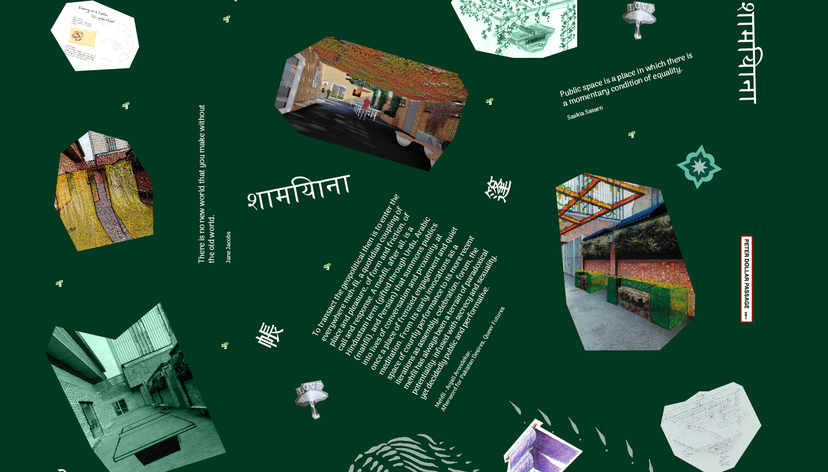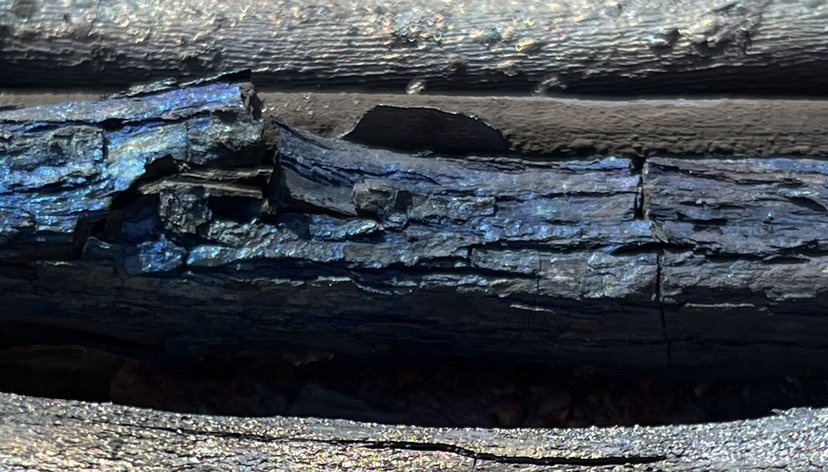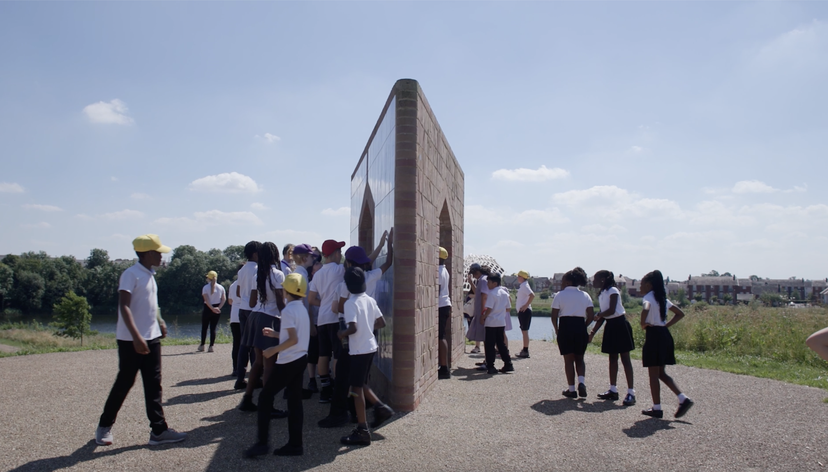
Scoping the practices and needs of Filipino craft weavers using non-wood forest materials to support the adoption of more sustainable forest management practices across the Philippines.
At a glance
- Linking landscapes to Cultural Creative Sustainability was funded by the British Council in the Philippines and The Forest Foundation Philippines.
- The project was led by Filipina entrepreneur Twinkle Ferraren, supported by two team members from the UK: Dr Peter Oakley and Rebecca Hoyes.
- Linking landscapes to Cultural Creative Sustainability focused on weaving communities located in three Filipino regions: Misamis Oriental, Samar and Leyte, and Sierra Madre.
- The project’s findings featured in ‘From Land to Loom, from Fibre to Form’, a virtual exhibition created by the British Council and Forest Foundation Philippines in collaboration with the National Museum of the Philippines.


Key details
Gallery
More information
Partners
Twinkle Ferraren
Twinkle Ferraren is a Filipino revolutionary fashion designer, textile developer, design innovator, business founder, community livelihood advocate, fashion accessory designer/maker and business mentor. She has a love and passion for Filipino textiles that combine natural, handwoven materials with contemporary designs. Her passion project, Style Isle, is a collection of objects made and curated in collaboration with indigenous and artisan communities working in the Philippines.
Rebecca Hoyes
Rebecca Hoyes is a textile designer and practice based researcher with an interest in traditional and digital craft techniques, material culture and the social and cultural contexts for design. Rebecca is an associate lecturer for the BA Textile Design programme at Central Saint Martins. She has worked as a design consultant on a diverse range of projects with Industry and NGO partners, including the British Council and Turquoise Mountain Trust. Rebecca has facilitated design collaborations between artisan communities in Asia, Africa and the Middle East working with heritage techniques for a contemporary context.
British Council – Crafting Futures
Linking landscapes to Cultural Creative Sustainability was supported by Woven Networks, part of Crafting Futures, a British Council global initiative. Crafting Futures strengthens economic, social and cultural development through learning and access. This programme supports research and education in craft, ensuring the quality of creative practice is preserved and continues to develop. Crafting Futures offers designers and artisans access to knowledge and expertise, new markets and new audiences, ensuring the value of craft is appreciated more broadly and knowledge can continue to be shared within the sector.
The challenge
The Philippines is rich in biodiversity and natural materials, yet when it comes to sustainability, continuity and developing products and extending markets, there are gaps that need to be addressed. Weaving communities are not familiar with critical material production processes, making them dependent on imported raw materials. In some cases, due to short-term demands and long-term pressures, the cultural transmission of local weaving and dyeing skills is under threat or has completely broken down.
Our approach
Develop digital platforms and/or conversations - creating new relationships and linking the demands and needs of the natural fibre raw materials industry within the Philippines.
Observe the cycle, growth, production capacity and yield output of grass raw materials – pandan and ticog – as possible alternative sources of raw material for other weaving communities (in other locations) who may need additional sources.
To ensure the sustainable production of the grass/silk material needs and demands, and to help map out their production process and flow.
Assessing existing products and craft skills – recommendations for product development, design and market study based on their product and skills strength; creating, integrating and developing unique patterns and designs inspired by their location, landscape, forestry, culture, heritage and history.
Facilitate craft skill exchange and training development between craft communities and partner designers
Identify other possible by-products of these raw material sources and other uses.
Utilising e-commerce as a tool for promotions and pre-ordering systems and structure to optimise their production flow to better meet market needs.
Activities
Scoping took place across sites in three regions: Focal landscape: Bukidnon and Misamis Oriental (Region X); Samar and Leyte (Region VIII); Sierra Madre (Region II and Region III and Some Areas In Region IV-A).
Outputs
A Study Report identifying the project research and findings was written by the project team for the British Council and Rainforest Foundation Philippines.
The project was showcased at the ‘Woven Networks Sharing Sessions: A global gathering for changemakers’, organised by the British Council in the Philippines. This was a four-day online event that featured the Woven Networks grantees and their work with forest-dependent craft communities across the Philippines.
The project’s findings featured in ‘From Land to Loom, from Fibre to Form’, a virtual exhibition created by the British Council and Forest Foundation Philippines in collaboration with the National Museum of the Philippines. Curated by Tessa Guazon, the virtual exhibition of the Woven Networks research project drew from all the grantees' engagement with their partner communities. It was an important part of the projects' advocacy and engagement strand and served as an awareness raising platform, enabling the wider public to discover and discuss the nine scoping grants’ findings.
Team
Contact us
To contact the Linking landscapes to Cultural Creative Sustainability research team, please email the School of Arts & Humanities at the RCA
soah@rca.ac.uk

